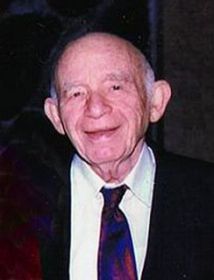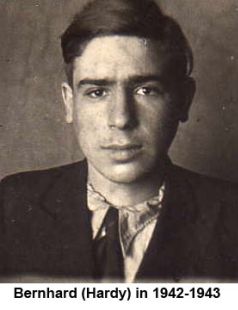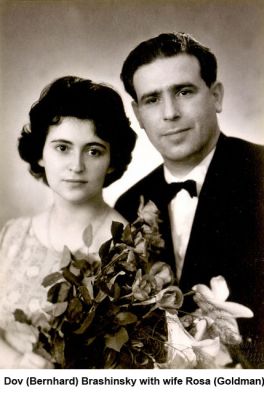 Mälestused-Jutustused
Mälestused-JutustusedВоспоминания/Рассказы
Memoirs/Stories
 Mälestused-Jutustused
Mälestused-Jutustused

Elchanan HaCohen Braschinsky
From the book "Collections of Elchanan", 5th book
(in Hebrew, Haifa 2003, pg. 262)
English translation and comments by Ilan Braschinsky
I am looking for a man. I do not know anything about him, but if you will hear the story, you will understand me, that I need. I am sure that this man is in Israel.
We were deported to Kirov, there was very cold, there was nothing to eat and no means to live. At that time, I was in seventh grade. I went to a school, but every child got only 200 gram of bread and water. It was impossible to live.
 I went to work. I was a clerk in a cinema. I sold tickets from 16:00 till 23:00 and in the morning went to school. I did not get a lot of money, but in my job I got 1 kg of bread per day and it was a lot.
I went to work. I was a clerk in a cinema. I sold tickets from 16:00 till 23:00 and in the morning went to school. I did not get a lot of money, but in my job I got 1 kg of bread per day and it was a lot.
After a while, tickets ran out, and the manager asked me to bring tickets from another location, 65 km from us. Snow outside, at the temperature of -45C. To walk in a freezing cold, with no food or anything else.
I left the house at 8 o'clock in the morning. It was windy and very cold. I already finished my small piece of bread that I took with me. At 8 o'clock in the evening I arrived to a village [on my way to my final destination].
I went from house to house, a poor boy, I did not have anything, without [proper] clothes. I only asked for a place to sleep the night, and to leave the place in the morning. Everyone refused to let me in, to stay for a night. I saw [a very small and dirty sauna]*, and there was a man, I asked him in Russian, if I can stay and sleep there for a night.
He told me: "sir, there is no place here, we are very poor" [can't you see]. I told him: "they [other neighbors] did not let me sleep [at their places]". He said: "What can I help you?" [they are established and live much better than me].
I said goodbye, and said to myself in Yiddish: "I have left to freeze from cold" then he told me: "Are you a Jew?" I said: "Yes", then he told me: "Why you did not tell me [about that] at the beginning?"
He gave me, what was called tea [hot water] and half of the bread that was on the table. I saw that there is nothing [at home]. I did not want to take. He had a young wife and a couple of month old child.
 He told me: "you have to sleep here", and pointed towards a bed, and the only bed at home. I did not agree with him and told him that this bed is his. Then he told me: "no, you have to walk additional 35 km [tomorrow] and I do not have to walk". I slept that night on the bed, and he with his wife slept on the floor. This person did not know me.
He told me: "you have to sleep here", and pointed towards a bed, and the only bed at home. I did not agree with him and told him that this bed is his. Then he told me: "no, you have to walk additional 35 km [tomorrow] and I do not have to walk". I slept that night on the bed, and he with his wife slept on the floor. This person did not know me.
In the morning, he took his daily bread and gave me half of it. I did not want to take it, but he forced me to take it. That's why I am alive until today.
[From what I was told while being a small child at our home in Estonia and Israel: That so called "sauna" house, was a very small and dirty house at the end of the village. This was the last house left to visit and beg. My father was completely frozen and weak, all his clothes were wet and cold, and he was exhausted. He felt that to stay at that night outside, means to die from cold, on the freezing snow.
The only bed at this person's home was on a fireplace heater (the warmest place at that, so called, "sauna" house). That family, that let him in, was very poor, that could be seen at their house (almost nothing inside). When my father passed that tiny village in the summer, and wanted to thank that family, for saving his life, they were not there anymore. The neighbors told him that they left the village.
Although that terrible cold and windy weather, my father had to bring the tickets, because refusing to do so, could cost him his job. This daily 1kg bread, kept all his family (his mother, older brother and younger sister) alive in those terrible years in the Kirov oblast, where many of Estonian citizens, Estonians and Jews, were sent by the Soviets, in the 1941 deportations. Many died from starvation and illnesses. Who survived came back to Estonia after many years.]